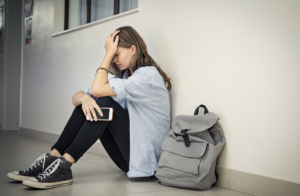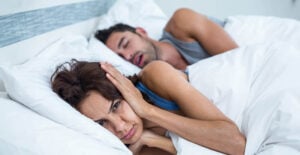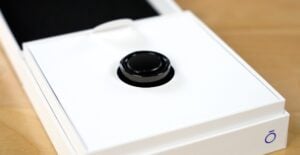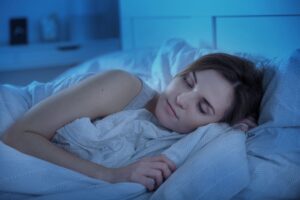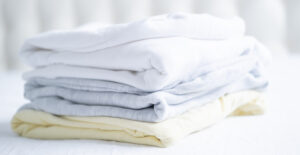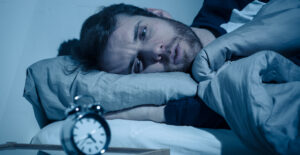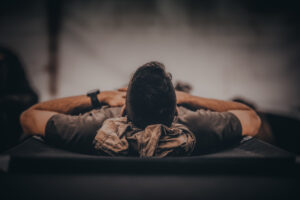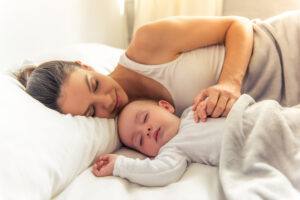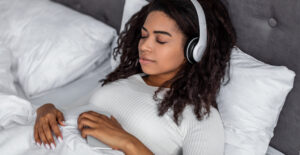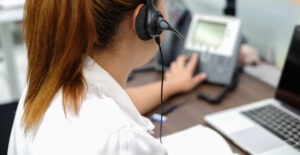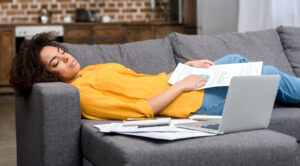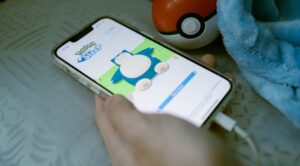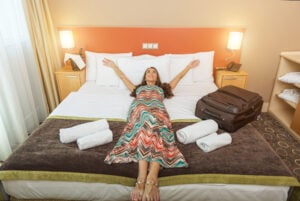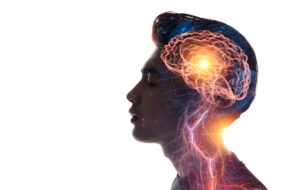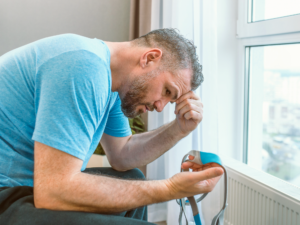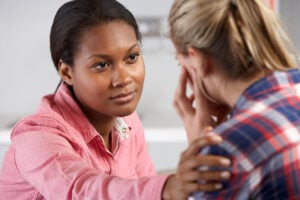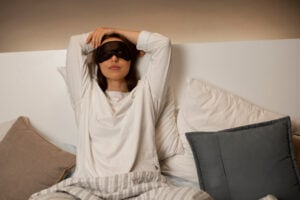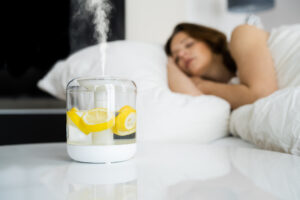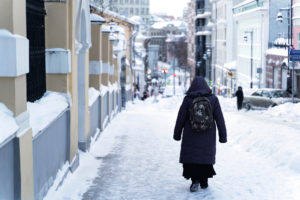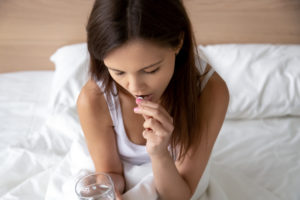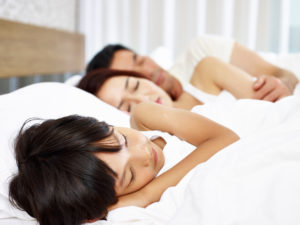New Sleep Mask Benefit Unlocked: Improved Brain Function
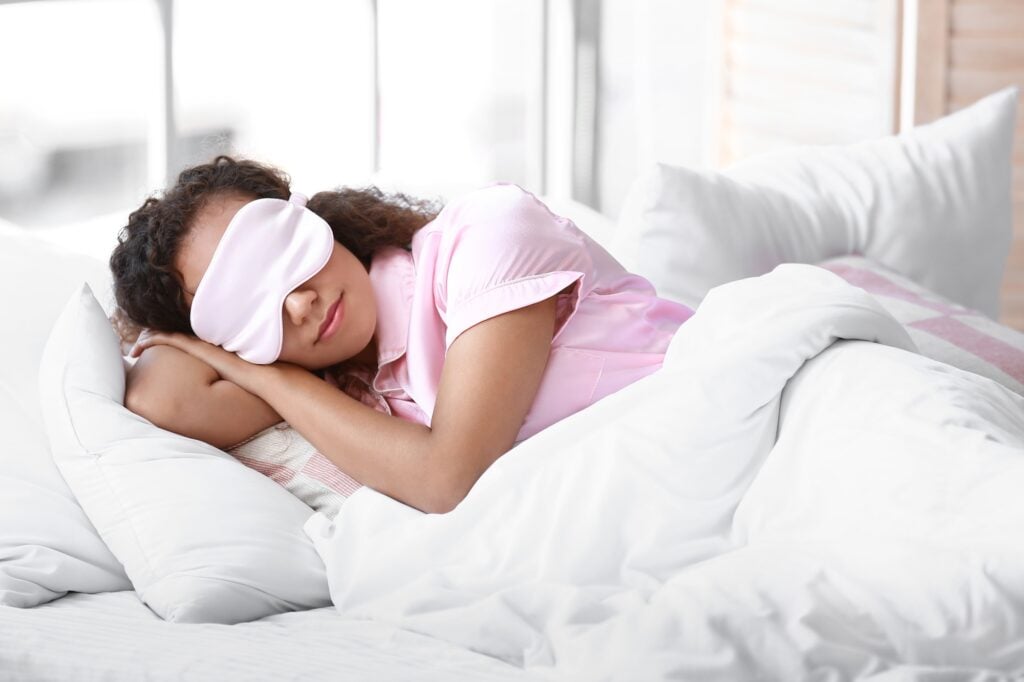
If you think sleep masks are just for spas or red-eye flights, think again. Turns out that numerous studies show that a little fabric over the eyes can actually improve your quality of sleep and your brain power.
Eye masks work by blocking out ambient light. (Think of how bird owners throw a dark cloth over their birds’ cages at night to block light and calm them.) While some people enjoy sleeping in darkness, light exposure is more than a matter of simple personal preference. In fact, research shows that light exposure during sleep has longer-term negative health impacts, too. Light at night is even a risk factor for cardiometabolic diseases, including diabetes and insulin resistance.
Of course, there are numerous ways to make your room dark, such as covering windows with blackout curtains or blinds, but eye masks are a cheap, easy solution. What’s more, studies that have looked specifically at their effectiveness in improving sleep quality have shown promising results.
In one meta-analysis published in December 2023, researchers in China looked at dozens of studies worldwide that examined the effectiveness of various nursing interventions designed to improve sleep quality in critically ill patients. These studies, which included more than 2,000 people, looked at interventions such as wearing an eye mask, using earplugs, aromatherapy, meditation, routine care, and more. By reviewing the results of all the studies, the authors concluded that eye masks, alone or combined with earplugs, are the most effective interventions for enhancing sleep quality in critically ill patients.
These findings echo a growing body of research showing that eye masks really do make a difference. For example, a study published in the journal Sleep in December 2022 showed that wearing an eye mask improves alertness and memory.

To test this, researchers had a group of people aged 18-35 wear eye masks every night for a week, followed by another week in which light was not blocked from their eyes at night. At the end of each week, they were given a series of tests. Results showed that using an eye mask to block light improved alertness, reaction time, and memory.
In another experiment, participants wore a device that monitored their sleep and a light-blocking mask or one with holes cut out over the eyes. In subsequent cognitive tests, those who wore a light-blocking eye mask performed better on the tests than those who did not. These benefits correlated with how much time they spent in slow-wave sleep – one of the four stages of sleep in which the body relaxes into deep, restorative rest.
If you’re curious about eye masks but have found one uncomfortable in the past, explore different styles to choose the best eye mask for your sleep needs. You might find that a little fabric over the eyes goes a long way to improving overall well being.
Got a hot tip? Pitch us your story idea, share your expertise with SleepFoundation.org, or let us know about your sleep experiences right here.
References
3 Sources
-
Mason, I. C., Reid, K. J., Warlick, C. D., Malkani, R. G., Abbott, S. M., & Zee, P. C. (2022). Light exposure during sleep impairs cardiometabolic function. Proceedings of the National Academy of Sciences, 119(12).
https://pubmed.ncbi.nlm.nih.gov/35286195/ -
Huang, D., Li, Y., Ye, J., Liu, C., Shen, D., & Lv, Y. (2023). Different nursing interventions on sleep quality among critically ill patients: A systematic review and network meta-analysis. Medicine, 102(52), e36298.
https://pubmed.ncbi.nlm.nih.gov/38206715/ -
Greco, V., Bergamo, D., Cuoccio, P., Konkoly, K. R., Muñoz Lombardo, K., & Lewis, P. A. (2023). Wearing an eye mask during overnight sleep improves episodic learning and alertness. Sleep, 46(3), zsac305.
https://pubmed.ncbi.nlm.nih.gov/36521010/


